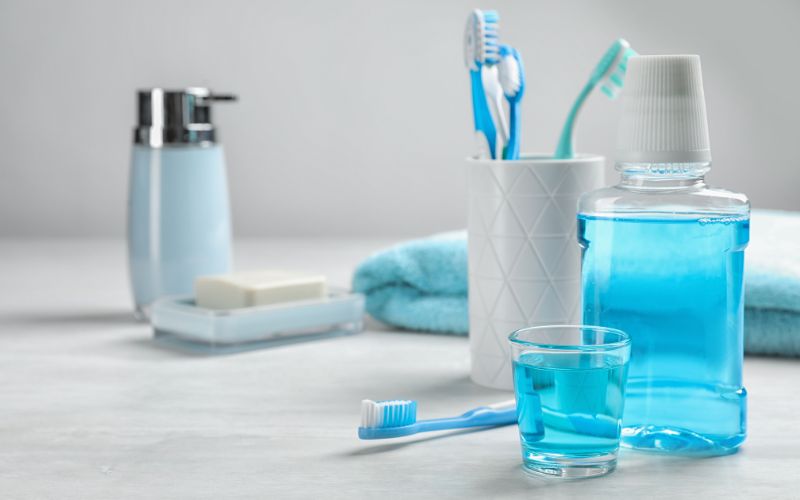We Welcome New Patients!

A healthy mouth is essential for overall well-being. Poor oral hygiene can lead to several dental issues, from bad breath to severe infections. Many people neglect oral care until problems arise. Taking action early can prevent discomfort and costly treatments. Following a dentists advice can help you maintain a bright, healthy smile. Let’s explore the warning signs, risks, and simple ways to improve oral health.
Signs of Poor Oral Hygiene
Ignoring oral care can lead to noticeable signs. If you experience any of these, it’s time to improve your routine.
- Bad breath (Halitosis) – Persistent bad breath is a common sign of bacteria buildup.
- Bleeding gums – Swollen, red, or bleeding gums may indicate gum disease.
- Tooth sensitivity – Pain when eating hot or cold foods can signal enamel damage.
- Plaque and tartar buildup – A yellow or white sticky layer on teeth means plaque is forming.
- Tooth discoloration – Dark or yellow stains may result from poor brushing habits.
- Cavities – Holes in teeth form when bacteria break down enamel.
- Loose or shifting teeth – Advanced gum disease can weaken teeth support.
Risks of Neglecting Oral Health
Ignoring oral hygiene doesn’t just affect your teeth. It can lead to serious health concerns.
- Gum disease (Gingivitis & Periodontitis) – Infections in the gums can lead to tooth loss.
- Tooth decay – Untreated cavities can cause pain and require extractions.
- Bad breath – Bacteria and plaque buildup create persistent odor.
- Oral infections – Poor hygiene can lead to painful abscesses and infections.
- Increased risk of heart disease – Studies link gum disease to heart issues.
- Diabetes complications – Poor oral health can make diabetes harder to control.
How to Improve Oral Hygiene Today
Making small changes in your routine can have a big impact. Start with these simple steps.
1. Brush and Floss the Right Way
Brushing and flossing remove plaque and food particles, keeping teeth clean.
- Use a soft-bristled toothbrush – Brush gently to avoid gum damage.
- Brush for two minutes, twice a day – Cover all surfaces of your teeth.
- Floss daily – It removes plaque between teeth where a brush can’t reach.
- Replace your toothbrush every 3-4 months – Worn bristles are less effective.
- Use fluoride toothpaste – Strengthens enamel and fights cavities.
For a detailed guide, check out how to properly brush & floss.
2. Eat a Tooth-Friendly Diet
What you eat affects your oral health. Choose foods that strengthen teeth and gums.
- Eat crunchy fruits and vegetables – Apples and carrots help clean teeth naturally.
- Drink plenty of water – It washes away food particles and bacteria.
- Avoid sugary snacks and drinks – Sugar fuels bacteria that cause decay.
- Consume calcium-rich foods – Dairy, almonds, and leafy greens strengthen enamel.
3. Visit Your Dentist Regularly
Regular checkups help detect issues early and keep your teeth in top shape.
- Get professional cleanings – Removes plaque and tartar buildup.
- Schedule a visit every six months – Even if your teeth feel fine.
- Ask about treatments if needed – Fillings, sealants, and fluoride can protect teeth.
If you need a checkup, consider a dentist in Yorba Linda, CA.
4. Quit Harmful Habits
Some habits can damage your teeth over time. Try to break these for better oral health.
- Stop smoking – It stains teeth and increases the risk of gum disease.
- Limit alcohol and coffee – Both can dry out the mouth and stain teeth.
- Don’t use your teeth as tools – Avoid opening bottles or tearing packages with your teeth.
Improving oral hygiene is simple with the right habits. Following a dentists advice can protect your teeth, gums, and overall health. Start today by brushing properly, eating well, and visiting your dentist regularly. Small changes can lead to a lifetime of healthy smiles.


